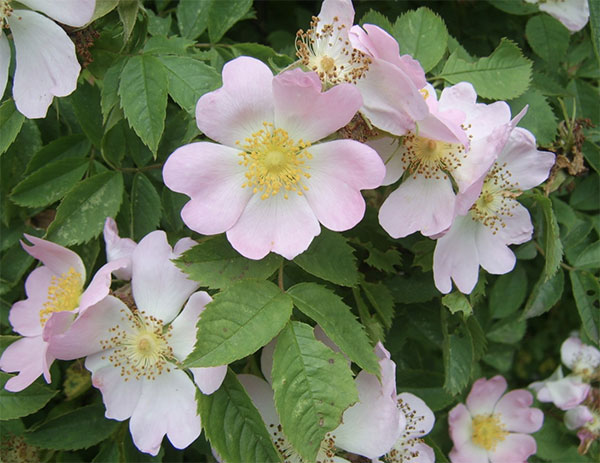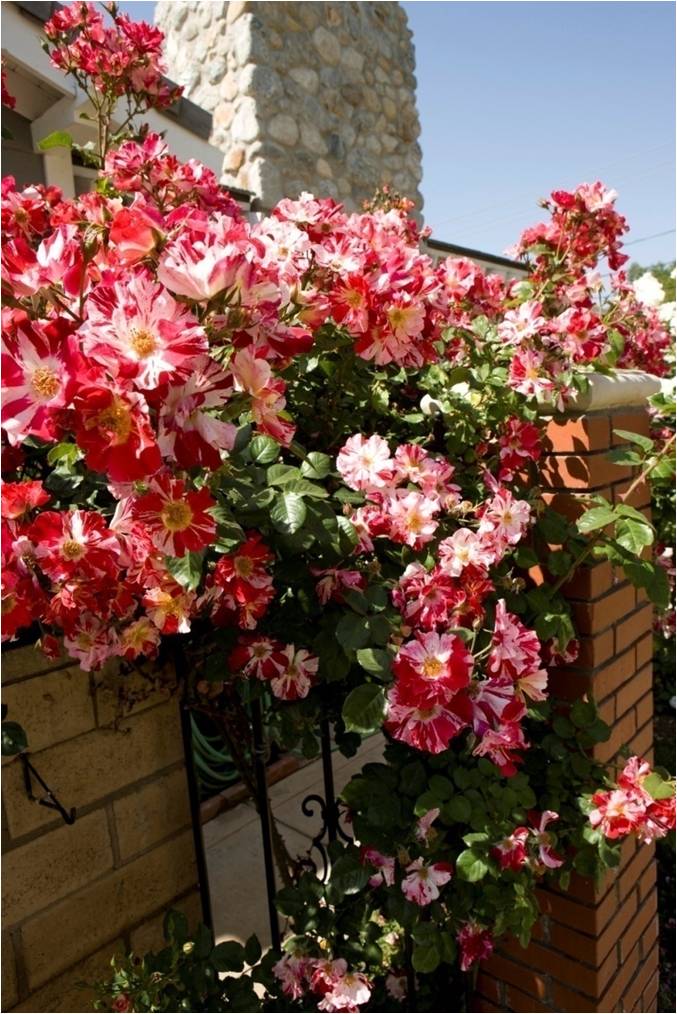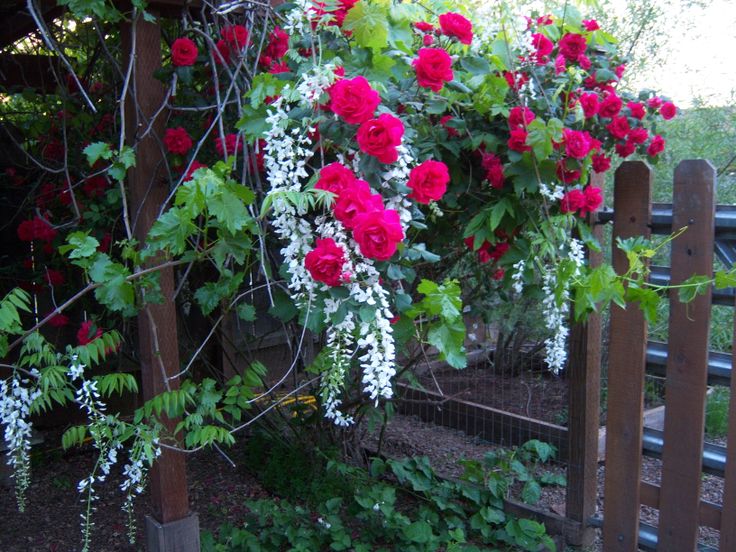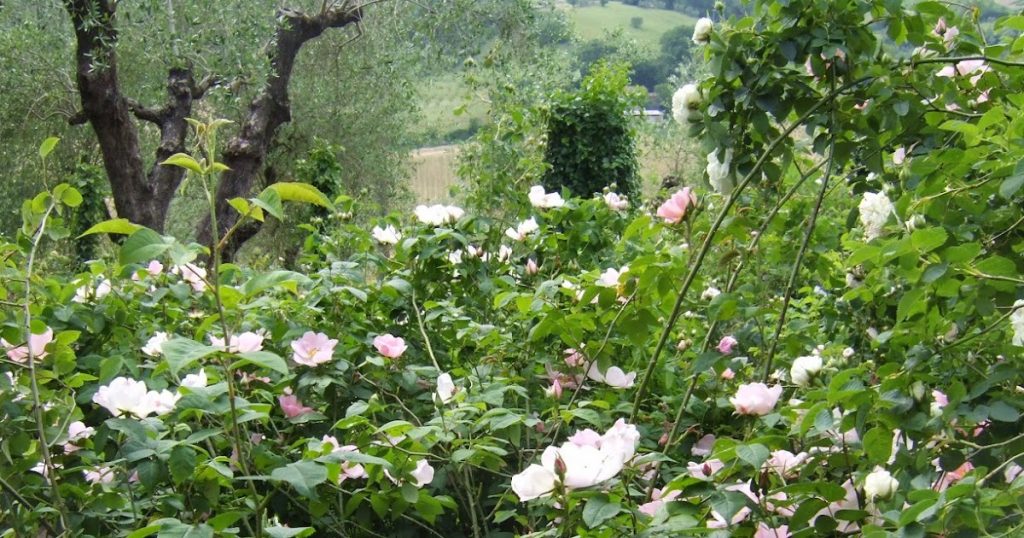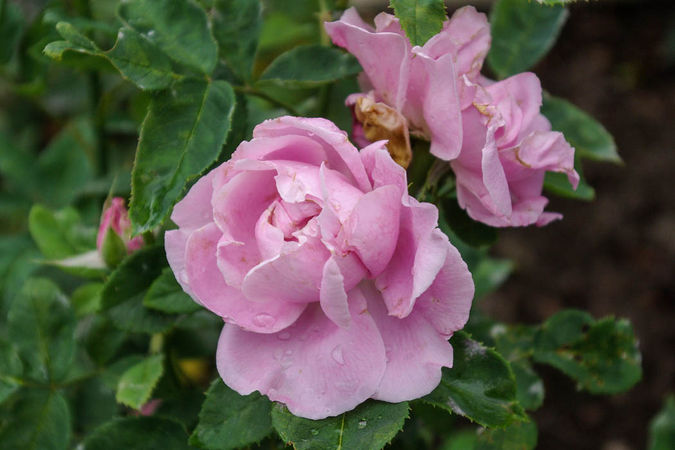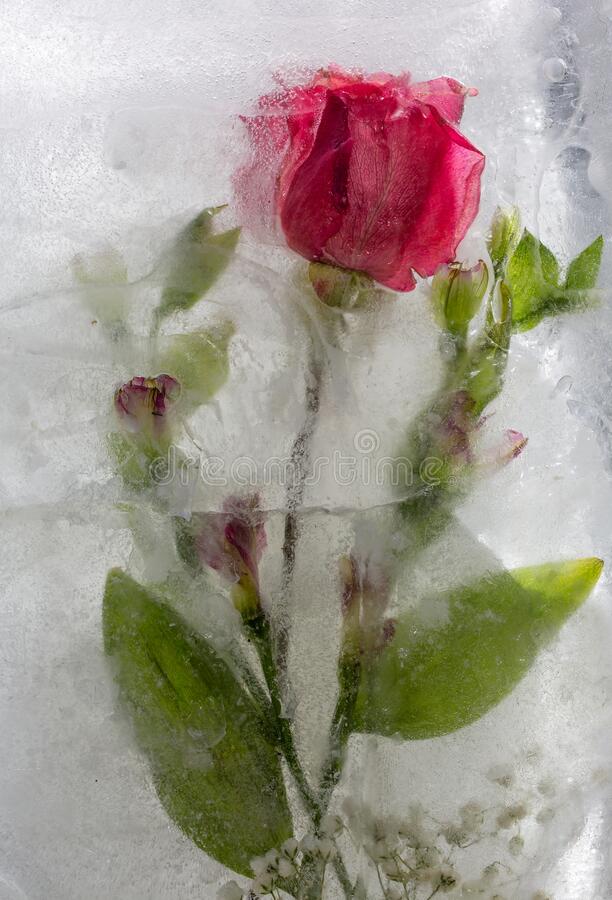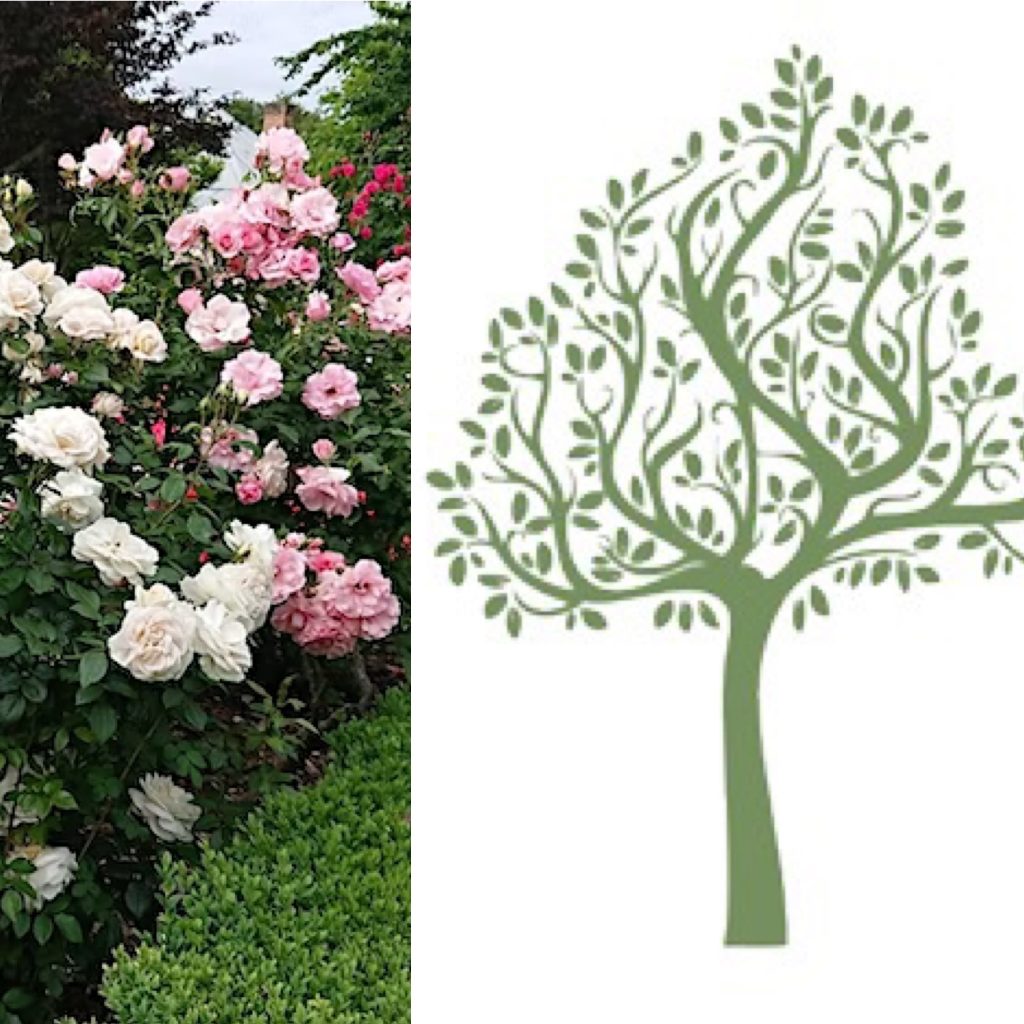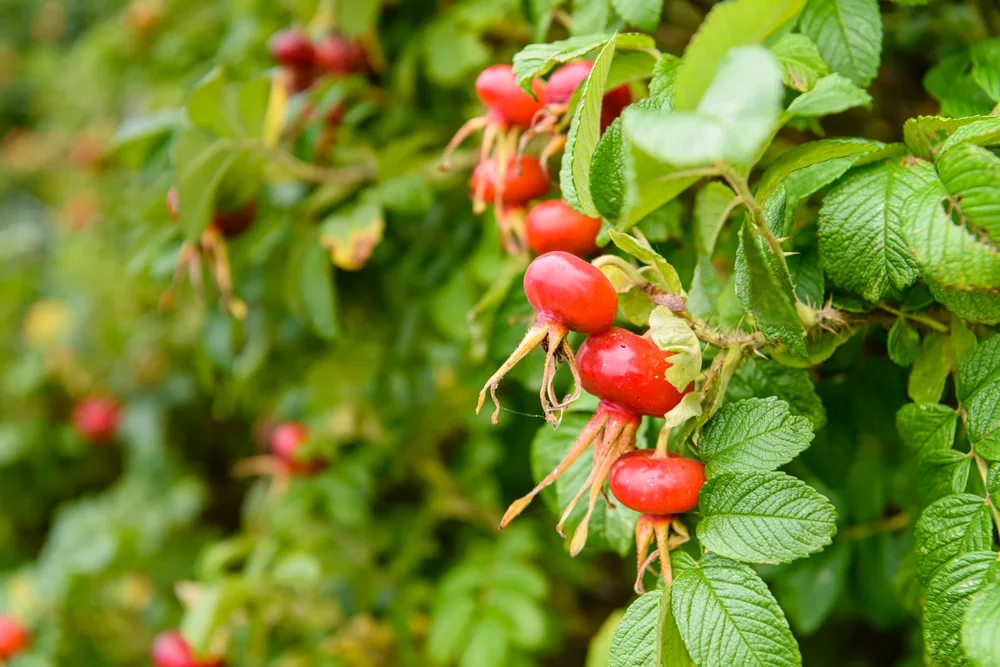This year, following on from the Gardens Trust’s successful 2022 series on the rose, in partnership with the Historic Roses Group, the Gardens Trust is happy to announce a new rose-related lecture series, again with the HRG, this time including an international slant.
With speakers hailing from Iceland to Australia, via England, Italy and the USA, these talks are wide-ranging. We begin with a portrait of a popular 19th century rosarian who loved riding as much as roses, knew everyone on the literary scene, was a celebrity preacher and organized the first ever National Rose Show in London. An account of a hillside rose garden in Italy which started as a collection of pots on a terrace in Rome; how to grow roses in the Arctic Circle and ‘down under’ on a working Australia farm; the intriguing stories behind the names of some romantic heritage roses; and where to find a unique UN Food and Agriculture Organization collection of the other – edible – members of the rosaceae family continue the series. We finish with practical advice about training and pruning your climbers, whether roses or wisterias, from a professional horticultural gardener, the latest in three generations of market gardeners and a shows organizer and designer whose sumptuous stands have won medals for the Historic Roses Group at the Hampton Court Flower Show.
This ticket costs £28 for the entire course of 7 sessions or you may purchase a ticket for individual sessions, costing £5. Attendees will be sent a Zoom link 2 days prior to the start of the talk, and again a few hours before the talk. A link to the recorded session (available for 1 week) will be sent shortly afterwards. Register through Eventbrite HERE or visit https://thegardenstrust.org/events-archive/page/3/
In week Seven, Bev Bond will cover Pruning and Training: Getting the Best Out of Roses and Wisteria. In this talk Bev will be aiming to show the possibilities of these marvelous and sometimes majestic plants and will introduce you to some beautiful plants that she has cared for over the years. She will explore training, supports, growing plants on buildings, (including historic buildings) and the importance of soil, aspect and establishment. She will discuss some of her techniques, rose varieties, pruning cuts, wound healing, pruning for direction and planning ahead. Bev will also look at the supposed dichotomy between historical accuracy and ornamental value, and the possibilities when restoring plants. Some information on tools, tool maintenance, health and safety, ladders, attachment, wires and tying, will follow.
Bev Bond was born into two families of market gardeners; her father and both grandfathers grew vegetables and flowers for Covent Garden. She was educated at grammar school, then Braintree College, Shuttleworth Horticultural College and The Open University. After working some years in the family business, Bev moved to inspecting production of oats, fruits and nuts, throughout Europe, for a major food manufacturer, for 10 years. Then, during a decade employed as gardener, guide, and garden guardian in a historic garden, she further developed her pruning skills on large wisteria, climbing roses and so forth and began to branch out on her own.
For the past 23 years Bev has been self-employed as a horticultural gardener, and over the last 17, specializing in wisteria and rose contract pruning and training. She has been lecturing on garden history and presenting talks on gardens, and plants for over twenty years.
